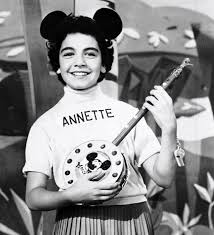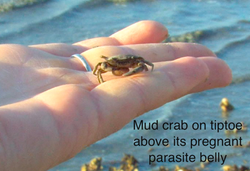Luck and Sidney Friedman (who was my Acting Professor at Washington University in St. Louis) gave me Marjorie Barstow as my first Alexander Technique teacher. As a result, I learned the whole process of the Alexander Technique in direct relationship to what I did in life and art. I can’t remember the details of my first workshop—I know that I walked, I would guess that I did a monologue. I know the changes in my fellow students as they were applying the work to their acting was a big part of convincing me that I wanted to continue to study.
I was quite surprised when I heard that not everyone taught Integrative Alexander Technique. I believe that teaching from the perspective of the desires, activities, and interests of the learner is a more accessible and practical way to reach people with this effective tool. Plus if you teach the process in an already integrated form, then there is no extra step between learning the process and applying it.
Here are two videos with integrated approaches:
The first is a video about Glenna Batson and Sarah Barker’s work with senior citizens.
The second is a video choreographer Louis Gervais made for a final project in one of my Alexander Technique classes at the University of Washington.


 RSS Feed
RSS Feed